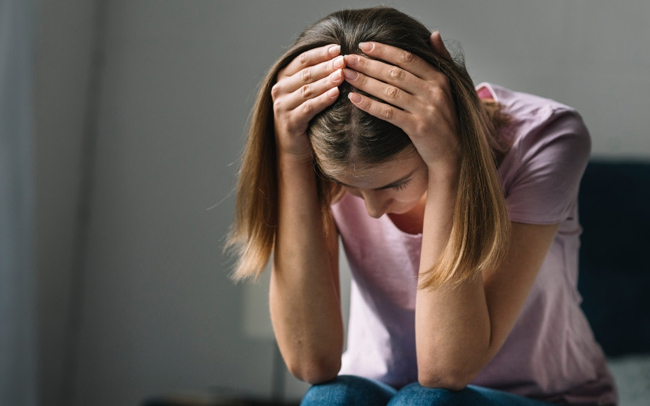
Anxiety Disorder

Anxiety is a symptom of many disorders; however, anxiety disorder is an abnormal state in which most prominent features are mental and physical symptoms of anxiety, in absence of any physical illness or other psychiatric disorders.
In generalized anxiety disorder, anxiety is usually a continuous feature however it can fluctuate in intensity.
In phobia, anxiety is intermittent and occurs in circumstances.
In panic disorder, anxiety can start abruptly following a trigger or a thought.
Symptoms of anxiety disorder:
- Feelings of apprehension
- Restlessness
- Poor concentration
- Worrying thoughts
- Irritability
- Physical symptoms like difficulty in breathing, chest pain, palpitations, tremors and headache
What causes anxiety disorder?

The prevalence of anxiety disorder is around 4-5% and its twice as high in females as compare to males. Anxiety disorder is generally caused by genetic and environmental factors. It is also common in those having personality disorders predisposed to anxiety.
Stressful life events can trigger anxiety, early life adverse events can also cause anxiety. Anxiety is typically chronic condition with low rates of remission over short and medium term.
What are the treatment options for anxiety disorder?

Relaxation therapy or guided imagery techniques provide relief from anxiety. Such practices should be adopted on regular basis for their maximum benefit. A person suffering from anxiety can join self help groups for interactive learning and shared experience.
Psychotherapy such as cognitive therapy helps a lot to identify the triggers and the thoughts responsible to cause anxiety.
Medicines can be used to bring symptoms under control quickly. They can also help if other interventions fail to treat symptoms of anxiety. Benzodiazepines, such as diazepam, are useful in short term treatment. While long term treatment requires selective serotonin reuptake inhibitors like sertraline or paroxetine.


